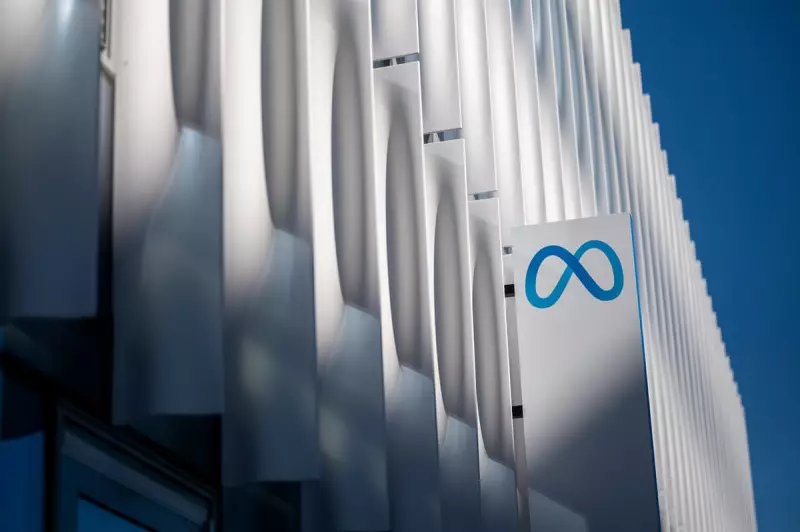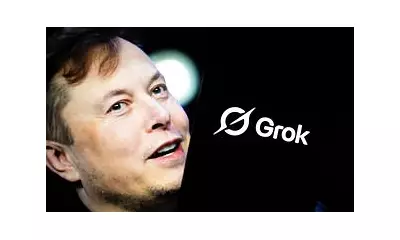
In a stunning legal victory that has sent shockwaves through the technology sector, Meta has successfully overturned a massive €1.2 billion antitrust fine imposed by European Union regulators. The European Commission had penalised the social media giant for allegedly breaching competition rules during its integration of WhatsApp with other Meta services.
The Court's Groundbreaking Ruling
The EU's General Court delivered its verdict on Monday, 18th November 2024, completely annulling the record-breaking penalty that had been issued just last year. The court found that European regulators had failed to meet the necessary legal standard to prove their case against Meta.
This decision represents one of the most significant defeats for EU competition chief Margrethe Vestager in her long-running campaign to regulate Big Tech. The original fine, which amounted to approximately £1 billion, was the third-largest antitrust penalty ever imposed by Brussels.
The court specifically criticised the European Commission's handling of the case, noting that regulators had not sufficiently demonstrated that Meta's data practices between WhatsApp and its other platforms, including Facebook and Instagram, actually harmed competition in the digital markets.
Background of the Landmark Case
The legal battle stemmed from Meta's efforts to integrate WhatsApp more closely with its other services following the acquisition of the messaging platform in 2014 for $19 billion. European regulators had argued that this integration strategy violated EU competition rules by potentially locking users into Meta's ecosystem and making it harder for rivals to compete.
The Commission had accused Meta of providing misleading information during the 2014 review of the WhatsApp acquisition, specifically regarding the technical possibility of linking user accounts between Facebook and WhatsApp. This allegation formed the basis for the substantial fine.
However, the court found that while Meta might have been less than forthcoming with information, the Commission hadn't adequately proven that this constituted a serious breach warranting such an extraordinary penalty.
Implications for Future Tech Regulation
This ruling arrives at a critical moment for digital regulation in Europe. The EU recently implemented the landmark Digital Markets Act (DMA), which designates the largest tech companies, including Meta, as "gatekeepers" and imposes strict new rules on their operations.
Legal experts suggest that while this court decision represents a setback for traditional antitrust enforcement, it may strengthen the case for using the DMA's ex-ante regulations rather than relying on after-the-fact penalties. The DMA provides clearer rules about what large platforms can and cannot do, potentially making enforcement more straightforward.
The ruling also highlights the challenges regulators face when trying to apply traditional competition law to fast-moving digital markets, where business models and technologies evolve rapidly.
Meta welcomed the court's decision, stating that it supported the company's approach to providing integrated services while maintaining compliance with regulatory requirements. The European Commission now must decide whether to appeal the ruling to the EU's highest court, the European Court of Justice.
This case will undoubtedly influence how other ongoing investigations into major tech companies proceed, including probes into Apple's App Store policies and Google's advertising practices. The balance between innovation and competition in digital markets remains a central challenge for regulators worldwide.





